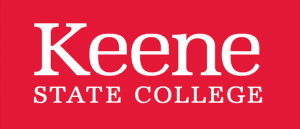Facilitation and consumption of seaweeds by herbivores
Item
- Description
- L. P. Young Student Center, West Dining and Flag Room
- Marine herbivores and algae can interact with each other in complicated ways. On one hand, herbivores reduce algal biomass through consumption; however, herbivores can also facilitate algal growth by supplying regenerated nutrients from their waste. We used a lab experiment to separate and quantify the negative, positive and total effect of the snail Littorina obtusata on two common species of macroalgae, Fucus vesiculosus and Chondrus crispus. We found that the algal species differed in their ability to use snail-derived nutrients. L. obtusata also showed feeding preference: F. vesiculosus was consumed equally regardless of the diversity of seaweeds present, but C. crispus was only consumed when it was the only species available. Our results highlight the complexity of species interactions, and show that the total effect of herbivores on primary producers may depend on the diversity and identity of other species in the community.
- Cynthia Hays
- Contributor
- Keene State College
- Creator
- Nicole Provensal
- Haley Woods
- Jessica Dude
- Jillian Coburn
- Nicholas Rinella
- William Trautmann
- Danielle Scadova
- Date
- 2016-04-09
- Identifier
- https://commons.keene.edu/s/KSCArchive/item/21046
- Subject
- Biology
- Type
- Presentation
- Rights
- http://rightsstatements.org/vocab/InC/1.0/
- Site pages
- School of Sciences and Social Sciences
Position: 5553 (82 views)
